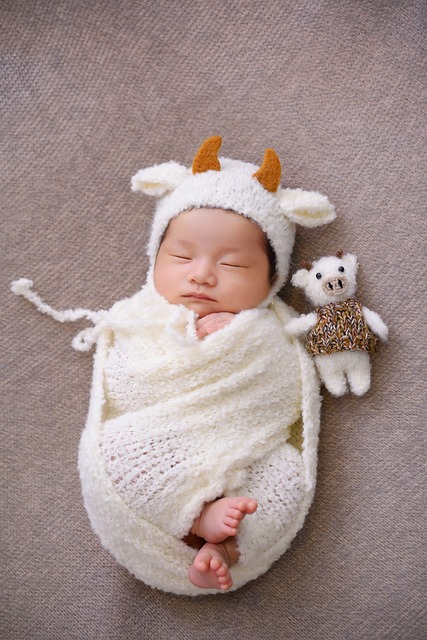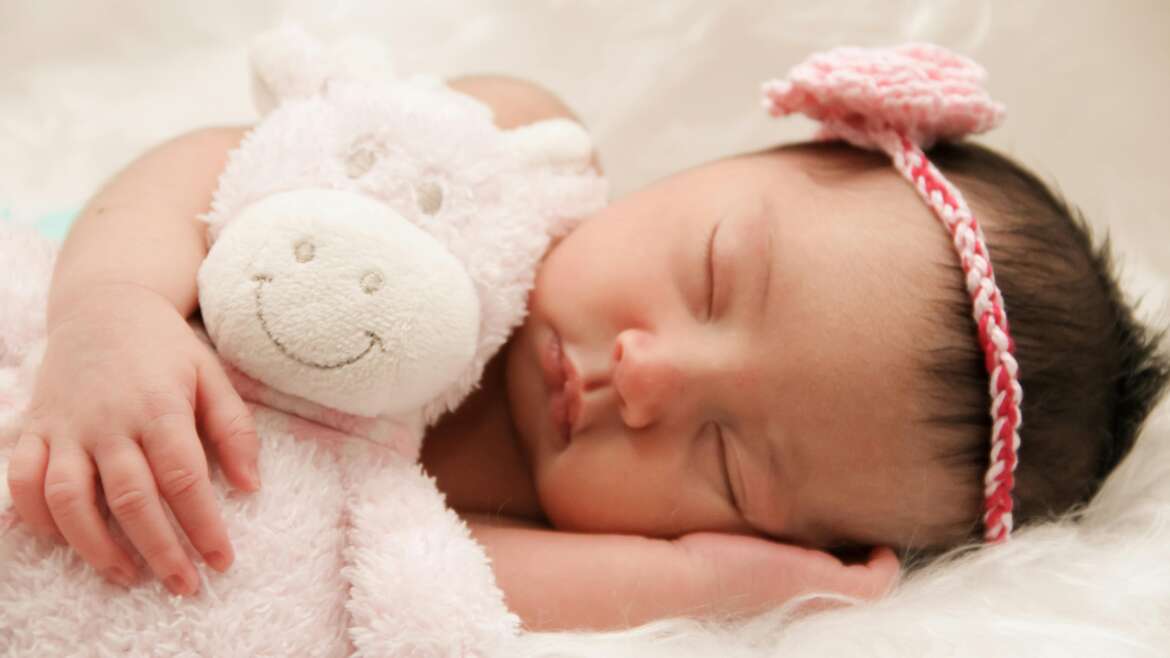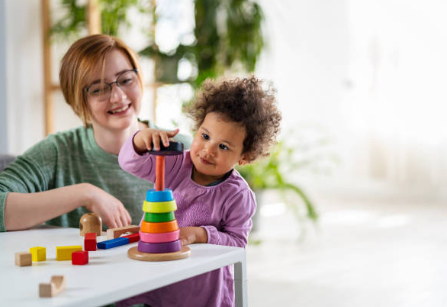Sweet Dreams, Little One: The Ultimate Guide to Helping Your Baby Sleep Better
As parents, ensuring our babies get a restful and healthy sleep can sometimes feel like an elusive dream. But with a little guidance, we can create the perfect sleep environment for our little ones. This comprehensive guide will provide you with valuable insights and practical tips to help your baby drift into blissful sleep and stay asleep longer. One of the most critical factors in achieving this is selecting the right crib mattress.

1. Creating a Sleep-Friendly Environment
One of the first steps to helping your baby sleep better is to create an environment conducive to sleep.
Here’s how:
- Dim the Lights: Keep the room dark to signal to your baby that it’s time to sleep. Use blackout curtains if necessary.
- Peaceful and Quiet: Reduce noise with a white noise machine to mask household sounds.
- Comfortable Temperature: Keep the room at a comfortable temperature, ideally between 68-72°F (20-22°C).
- Screen-Free Zone: Ensure the room is free from screens and electronic devices that can disrupt sleep.
2. Establishing Healthy Sleep Habits
Healthy sleep habits are essential for your baby’s sleep quality.
Consistency is key:
- Bedtime Routine: Establish a consistent bedtime routine with activities like a warm bath, gentle massage, and a bedtime story to help your baby unwind.
- Sleep Schedule: Stick to a regular sleep schedule with consistent sleep and wake-up times.
3. Keeping Your Baby Active During the Day
An active baby during the day is a sleepy baby at night.
Here’s why:
- Energy Burn: Engage your baby in plenty of physical activity during the day to help them use up energy.
- Daytime Play: Encourage tummy time, crawling, and interactive play to promote physical development and tire them out.
4. Sleep Recommendations for Babies and Toddlers
Understanding how much sleep your baby needs is crucial. According to the National Sleep Foundation:
- Infants (0-3 months): 14-17 hours of good quality sleep, including naps.
- Infants (4-11 months): 12-15 hours of good quality sleep, including naps.
- Toddlers (1-2 years): 11-14 hours of good quality sleep, including naps, with regular sleep and wake-up times.

5. Helping Your Baby Fall Asleep
Sometimes, babies need a little extra help to fall asleep. Here are some common techniques:
- Swaddling: Helps to recreate the snug feeling of the womb.
- Pacifiers: Can soothe and calm your baby.
- Rocking: Gently rocking your baby can help them drift off.
- Bedtime Routine: Consistency is crucial in helping your baby learn that it’s time to sleep.
- Handling Night Wakings: Be calm and consistent in your approach to night wakings and feedings.
6. The Importance of a Good Crib Mattress
A quality crib mattress is paramount for your baby’s health, safety, and overall well-being.
Here’s why:
- Optimal Comfort: Imagine lying on a mattress that’s either too soft or too hard. You wouldn’t sleep well, right? Babies are the same. A good crib mattress provides the right level of support and comfort, promoting better sleep.
- Firmness: Choose a firm mattress that doesn’t indent when your baby lies on it, as recommended by the American Academy of Pediatrics (AAP). This is crucial to support their growing bones and prevent suffocation risks.
- Sizing: Ensure the mattress fits snugly in the crib, with no gaps that could pose a suffocation risk. If you can fit more than two fingers between the mattress and the crib, it’s too small.

7. Choosing the Best Crib Mattress for Your Baby
When selecting a crib mattress, consider the following:
7.1. Size Matters
Make sure the mattress fits the crib perfectly. Common sizes include:
- Standard US Size: 130 x 72cm
- Other Sizes: 140 x 70cm and 120 x 60cm
Let’s say you buy a beautiful crib but overlook the mattress size. You end up with gaps around the edges where your baby could get trapped, which is dangerous. Ensuring a snug fit avoids this issue and keeps your baby safe.
7.2. Firmness
A firm mattress is essential for your baby’s safety and development. Look for extra-firm options, especially for newborns, to reduce the risk of SIDS. For example, a mattress that’s too soft might feel cozy to us but can be hazardous for a baby who can’t yet roll over or lift their head easily.
7.3. Safety Certifications
Ensure the mattress has certified safety labels and is non-toxic, phthalate-free, and hypoallergenic. Look for certifications such as:
- Oeko-Tex Standard 100: Ensures no harmful substances are used.
- Global Organic Textile Standard (GOTS): Guarantees organic fibers and safe manufacturing processes.
- GREENGUARD Gold Certification: Indicates low chemical emissions for healthier indoor air.
7.4. Waterproof Mattress Protector
Invest in a waterproof protector to safeguard the mattress from leaks. Some mattresses come with built-in waterproof covers, but you’ll still need a crib sheet over the protector. Consider the inevitable diaper leaks or spit-ups; a waterproof protector makes cleaning up much easier and keeps the mattress in good condition longer.
7.5. Price
While quality crib mattresses can be pricey, they are a worthwhile investment for your baby’s health and comfort. Certified mattresses may cost more due to the premium materials used, but they offer better durability and safety. Think of it as an investment in your baby’s well-being and your peace of mind.
8. Recommended Crib Mattresses
Here is one of our recommended Crib Mattress: (Click Here)

9. How a Good Crib Mattress Improves Sleep
A good crib mattress does more than just provide a place for your baby to sleep. Here are some benefits:
- Support for Growing Bodies: A firm mattress supports your baby’s spine and prevents misalignment, which is crucial for their physical development.
- Reduced Risk of SIDS: By choosing a firm, well-fitted mattress, you significantly reduce the risk of Sudden Infant Death Syndrome.
- Improved Sleep Quality: A comfortable mattress helps your baby stay asleep longer, giving them (and you) more uninterrupted rest.
- Ease of Cleaning: Waterproof and hypoallergenic mattresses reduce allergens and make clean-up easier, ensuring a healthier sleep environment.
Conclusion
Helping your baby get better sleep is all about creating the right environment, establishing healthy sleep habits, and choosing the right crib mattress. With these tips and recommendations, you’ll be well on your way to ensuring your baby enjoys restful and blissful sleep. Sweet dreams to your little one!




